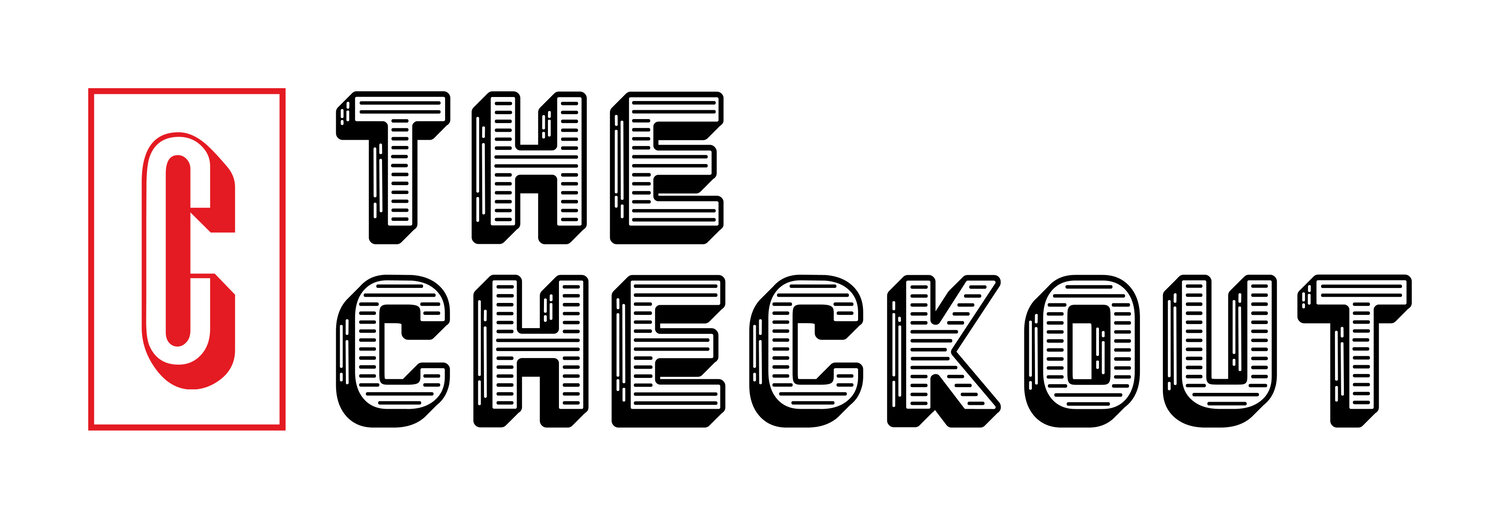In NYC, Workers Are Writing the Rules for Gig Apps
In a groundbreaking show of solidarity and collaboration in New York City, Los Deliveristas Unidos at Workers Justice Project have partnered with several City Council members to introduce 6 bills aimed at regulating delivery apps and improving the working conditions and quality of life for delivery workers.
Los Deliveristas Unidos is a campaign by Workers Justice Project, a Brooklyn-based workers resource center that serves mostly immigrant service, homecare and construction industry workers. LDU is a collective of app-based delivery workers, mostly immigrants, fighting for justice and better working conditions in one of the fastest growing sectors of the economy. LDU workers were essential in keeping NYC fed during the pandemic and the organization has been on the street organizing and representing NYC delivery workers across the five boroughs. The worker-driven effort has empowered thousands of delivery workers to organize and collectively fight the externalities and injustices caused by the business models of apps such as GrubHub, DoorDash, Relay and UberEats.
The bills came directly from LDU’s campaign demands and include:
· Requiring all restaurants to provide access to bathrooms for delivery workers who are picking up a delivery.
· Requiring third party delivery platforms to provide at least one non-bank payment options, and a requirement to pay workers on at least a weekly basis regardless of payment options offered.
· Requiring third party delivery platforms to allow delivery workers to set maximum distances for orders and prevent platforms from penalizing workers for rejecting orders outside of their distance limitations.
· Requiring the City to establish per trip minimum payments to third party delivery service workers, excluding tips.
· Requiring third party delivery platforms to supply insulated delivery bags to workers at the platform’s expense.
· And requiring businesses and restaurants to disclose how much of each gratuity goes to a delivery worker who delivered an order, how gratuities are distributed to delivery workers and how much of each gratuity is used to compose each delivery worker’s base wage.
Los Deliveristas Unidos has become one of the most powerful worker-led labor campaigns in recent years, organized directly by delivery workers despite adverse working conditions such as abused and assault, wage theft, bike theft, denial of bathroom access and even death. Such conditions were common prior to the pandemic but were exacerbated as the delivery workers became truly essential to the functioning of the city. The spate of legislation puts New York City in a leadership role regarding how to protect and honor the efforts of essential workers, while giving them more control over their labor process as app-based delivery platforms become more popular and widespread.
“Today, the New York City Council had the opportunity to hear directly from delivery workers on how New York can honor their contributions to our city’s recovery. Today’s hearing was a historic day for Los Deliveristas Unidos who had organized, mobilized and built a powerful organization in order to be heard,” said Ligia Guallpa, Executive Director of Workers Justice Project in reference to the bills before the city council.
“After a year of powerful organizing by Los Deliveristas Unidos, will the New York City Council listen to us, the people who kept fed and safe through the pandemic? Is New York City ready to “deliver justice” for NYC’s app-based delivery workers?” said Gustavo Ajche, a delivery worker and a member of Los Deliveristas Unidos.
City council members who had participated in sponsoring the bills were vocal in their support for the workers and organizations.
“Delivery workers have been feeding us throughout the pandemic, but too often the app companies have been starving them,” said Council Member Brad Lander, a sponsor of one of the bills and a candidate for NYC Comptroller. “Many deliveristas earn far less than the minimum wage, even though they perform hard, dangerous, essential work. To prevent app-based companies like DoorDash, Seamless and Instacart from shortchanging workers, the bill would set minimum payment standards for delivery workers, like we did for Uber/Lyft drivers, to ensure that they earn a living wage.”
“Food delivery workers kept us alive and fed during the pandemic. We also saw them defy extreme weather during this brutal winter as many of us worked from home. They are truly super heroes. It is not an understatement to say they are the most essential for essential workers,” said Council Member Carlos Menchaca, Chair of the Immigration Committee.
Council Member Justin Brannan, who sponsored two of the bills, concurred. “We will not sit back and allow companies worth billions of dollars to continue to flourish off of the backs and bicycles of exploited workers.”
The spate of bills also comes in the wake of Proposition 22 legislation in California, which deregulated the working conditions of app-based gig workers, making them more vulnerable to exploitation and precarity. Prop 22 type legislation is also expected to show up in more states in future election cycles, underwritten by the billions gig companies have made off of this business model. While the New York City delivery worker legislation is a good start in the right direction, the struggle to control the labor processes, compensation and job safety of app-based gig workers is still in its early stages. Delivery workers continue to show that they are not passive, but instead are organizing, articulating and leading the way towards a more fair and just economy.
